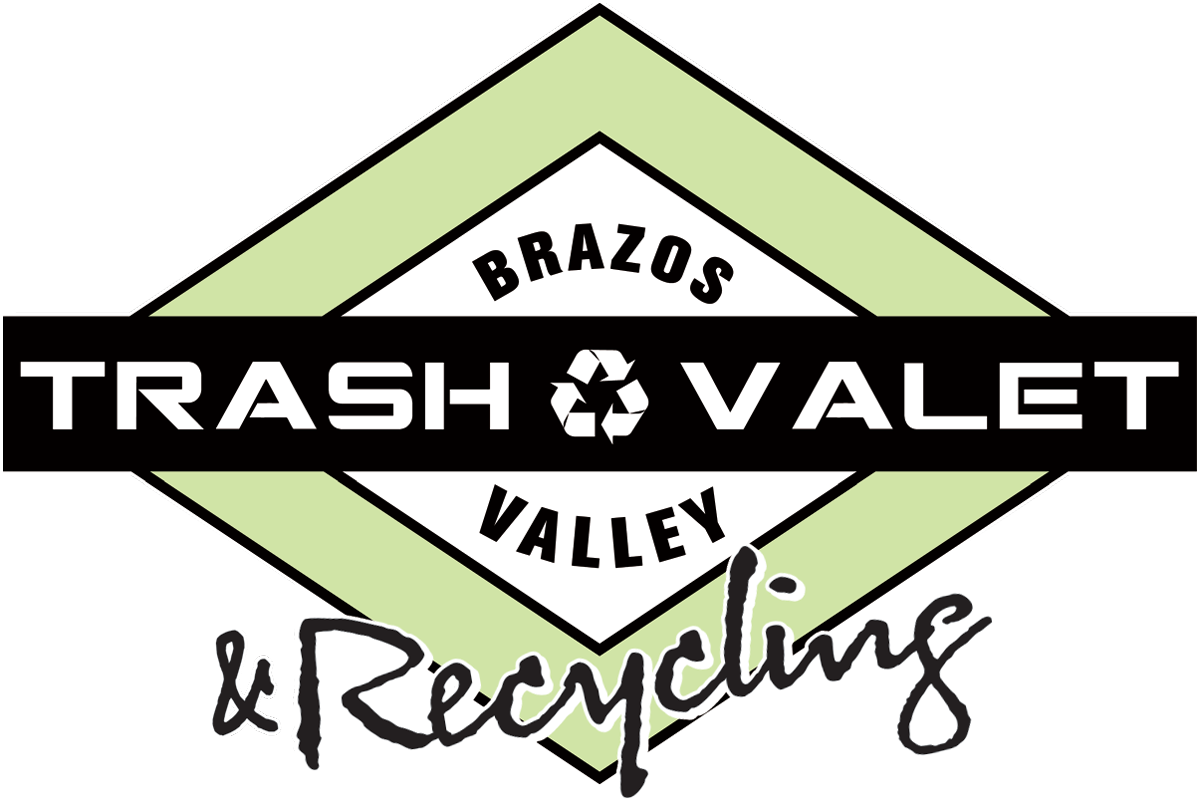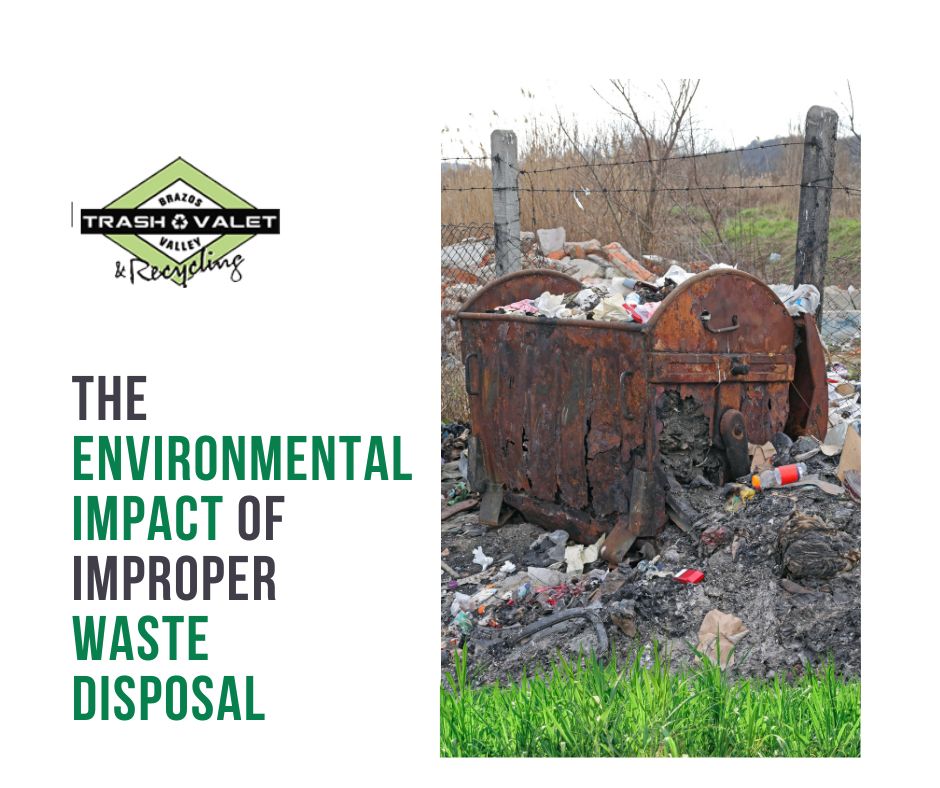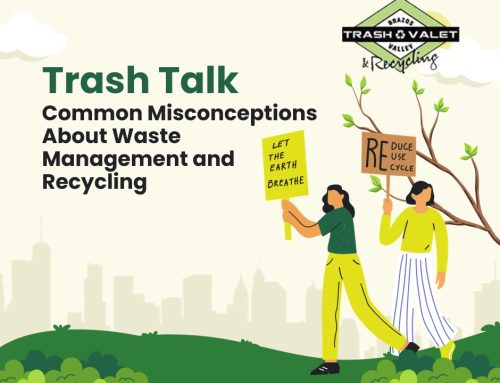The Environmental Impact of Improper Waste Disposal
Proper waste management is crucial for the health of our planet and all its inhabitants. Unfortunately, improper waste disposal remains a significant issue, leading to numerous environmental problems. By understanding the consequences of not recycling and the importance of managing waste correctly, we can take steps to mitigate these impacts and promote a sustainable future.
- Pollution of Land and Water
Improper disposal of waste, such as littering or illegal dumping, can lead to severe land and water pollution. When waste is not managed correctly, harmful chemicals and materials can leach into the soil, contaminating the ground and potentially entering the food chain. Similarly, waste that ends up in rivers, lakes, and oceans can degrade water quality, harming aquatic life and making water unsafe for human consumption and recreational use.
- Air Pollution
Burning waste, particularly plastics and other non-biodegradable materials, releases toxic fumes and greenhouse gases into the atmosphere. This contributes to air pollution, which can cause respiratory problems and other health issues in humans and animals. Additionally, the release of greenhouse gases, such as carbon dioxide and methane, exacerbates global warming and climate change.
- Wildlife Harm
Improper waste disposal can have devastating effects on wildlife. Animals can mistake litter for food, leading to ingestion of harmful materials that can cause injury or death. Entanglement in discarded fishing lines, plastic bags, and other debris can also harm animals, restricting their movement and ability to hunt or escape predators. Marine life is particularly vulnerable, with millions of animals affected by ocean plastic pollution each year.
- Habitat Destruction
When waste is not properly managed, it can accumulate in natural habitats, disrupting ecosystems and displacing wildlife. Landfills and illegal dumpsites can encroach on forests, wetlands, and other critical habitats, leading to habitat loss and fragmentation. This not only threatens biodiversity but also undermines the ecological balance necessary for healthy environments.
- Resource Depletion
Failure to recycle means that valuable materials are lost to landfills rather than being reused. This increases the demand for raw materials, leading to resource depletion and environmental degradation. For instance, mining for metals and drilling for oil are resource-intensive processes that can cause significant ecological harm. By recycling, we can conserve natural resources and reduce the environmental impact of extracting new materials.
- Health Hazards
Improper waste disposal can pose serious health risks to humans. Contaminated water and soil can lead to the spread of diseases, while air pollution from burning waste can cause respiratory issues and other illnesses. Communities living near poorly managed waste sites often face higher health risks, highlighting the need for effective waste management practices to protect public health.
- Aesthetic Impact
Accumulated waste and litter can severely impact the aesthetic appeal of natural landscapes and urban areas. This not only detracts from the beauty of our surroundings but can also affect tourism and property values. Clean, well-maintained environments are essential for community well-being and economic vitality.
The Importance of Proper Waste Management
Proper waste management involves reducing waste generation, reusing materials, recycling, and disposing of waste responsibly. Here’s why it’s essential:
- Environmental Protection: Effective waste management practices reduce pollution, conserve natural resources, and protect ecosystems.
- Public Health: Proper disposal and recycling reduce exposure to hazardous materials, safeguarding human health.
- Economic Benefits: Recycling and waste reduction can lower disposal costs, create jobs, and promote sustainable industries.
- Sustainability: By managing waste properly, we can ensure a healthier planet for future generations.
Conclusion
The environmental impact of improper waste disposal is profound and far-reaching, affecting land, water, air, wildlife, and human health. By adopting proper waste management practices, including recycling, we can mitigate these effects and contribute to a sustainable future. It’s a collective responsibility that starts with each of us making conscious choices about how we dispose of our waste. Let’s take action today to protect our planet and ensure a healthier, cleaner environment for all.
Share This Story, Choose Your Platform!
The Environmental Impact of Improper Waste Disposal
Proper waste management is crucial for the health of our planet and all its inhabitants. Unfortunately, improper waste disposal remains a significant issue, leading to numerous environmental problems. By understanding the consequences of not recycling and the importance of managing waste correctly, we can take steps to mitigate these impacts and promote a sustainable future.
- Pollution of Land and Water
Improper disposal of waste, such as littering or illegal dumping, can lead to severe land and water pollution. When waste is not managed correctly, harmful chemicals and materials can leach into the soil, contaminating the ground and potentially entering the food chain. Similarly, waste that ends up in rivers, lakes, and oceans can degrade water quality, harming aquatic life and making water unsafe for human consumption and recreational use.
- Air Pollution
Burning waste, particularly plastics and other non-biodegradable materials, releases toxic fumes and greenhouse gases into the atmosphere. This contributes to air pollution, which can cause respiratory problems and other health issues in humans and animals. Additionally, the release of greenhouse gases, such as carbon dioxide and methane, exacerbates global warming and climate change.
- Wildlife Harm
Improper waste disposal can have devastating effects on wildlife. Animals can mistake litter for food, leading to ingestion of harmful materials that can cause injury or death. Entanglement in discarded fishing lines, plastic bags, and other debris can also harm animals, restricting their movement and ability to hunt or escape predators. Marine life is particularly vulnerable, with millions of animals affected by ocean plastic pollution each year.
- Habitat Destruction
When waste is not properly managed, it can accumulate in natural habitats, disrupting ecosystems and displacing wildlife. Landfills and illegal dumpsites can encroach on forests, wetlands, and other critical habitats, leading to habitat loss and fragmentation. This not only threatens biodiversity but also undermines the ecological balance necessary for healthy environments.
- Resource Depletion
Failure to recycle means that valuable materials are lost to landfills rather than being reused. This increases the demand for raw materials, leading to resource depletion and environmental degradation. For instance, mining for metals and drilling for oil are resource-intensive processes that can cause significant ecological harm. By recycling, we can conserve natural resources and reduce the environmental impact of extracting new materials.
- Health Hazards
Improper waste disposal can pose serious health risks to humans. Contaminated water and soil can lead to the spread of diseases, while air pollution from burning waste can cause respiratory issues and other illnesses. Communities living near poorly managed waste sites often face higher health risks, highlighting the need for effective waste management practices to protect public health.
- Aesthetic Impact
Accumulated waste and litter can severely impact the aesthetic appeal of natural landscapes and urban areas. This not only detracts from the beauty of our surroundings but can also affect tourism and property values. Clean, well-maintained environments are essential for community well-being and economic vitality.
The Importance of Proper Waste Management
Proper waste management involves reducing waste generation, reusing materials, recycling, and disposing of waste responsibly. Here’s why it’s essential:
- Environmental Protection: Effective waste management practices reduce pollution, conserve natural resources, and protect ecosystems.
- Public Health: Proper disposal and recycling reduce exposure to hazardous materials, safeguarding human health.
- Economic Benefits: Recycling and waste reduction can lower disposal costs, create jobs, and promote sustainable industries.
- Sustainability: By managing waste properly, we can ensure a healthier planet for future generations.
Conclusion
The environmental impact of improper waste disposal is profound and far-reaching, affecting land, water, air, wildlife, and human health. By adopting proper waste management practices, including recycling, we can mitigate these effects and contribute to a sustainable future. It’s a collective responsibility that starts with each of us making conscious choices about how we dispose of our waste. Let’s take action today to protect our planet and ensure a healthier, cleaner environment for all.



